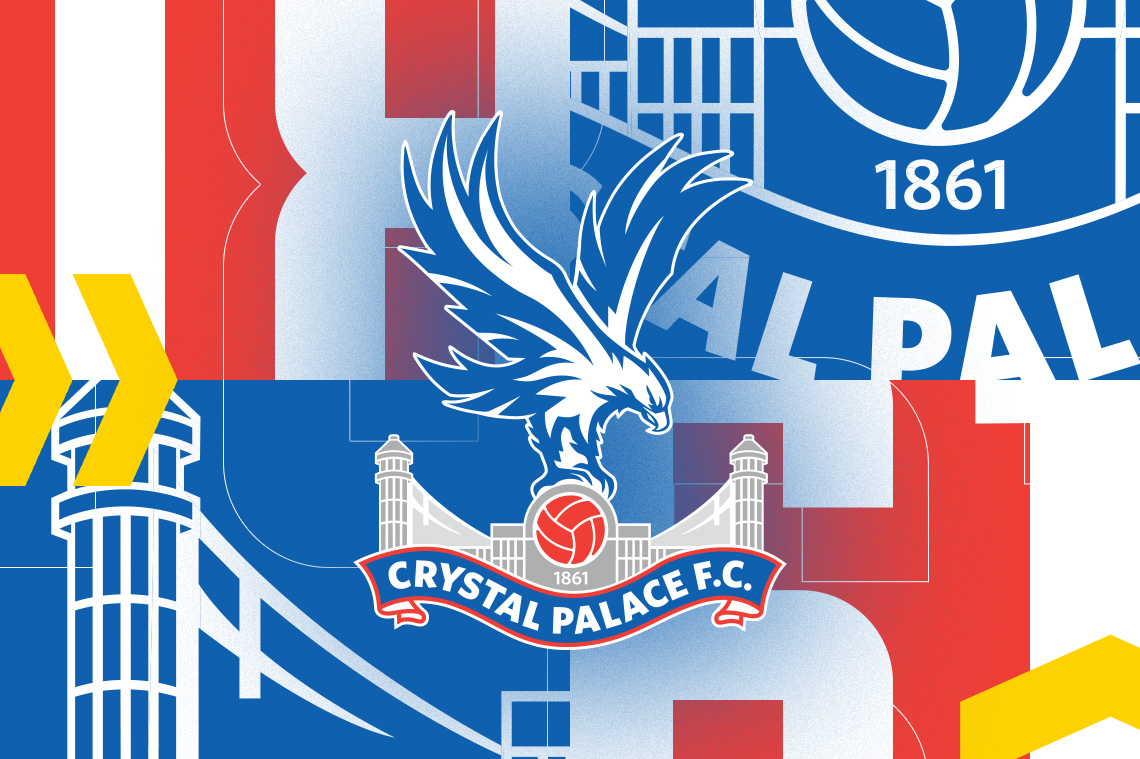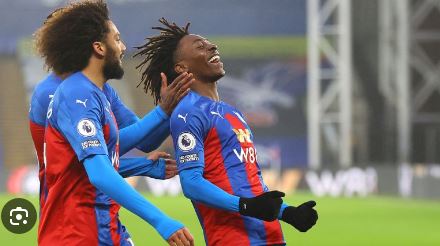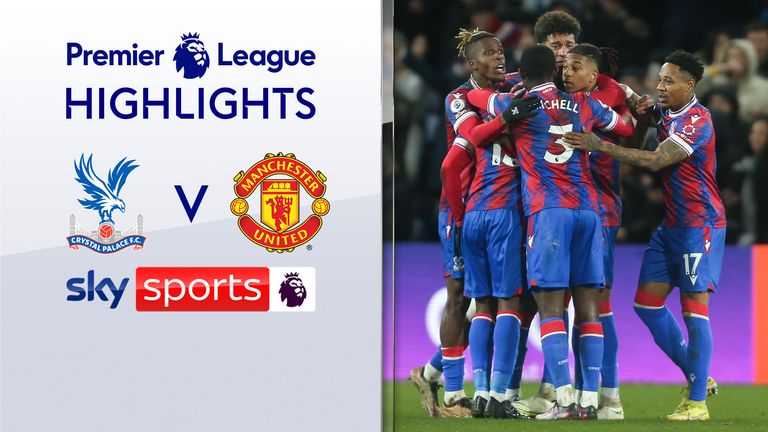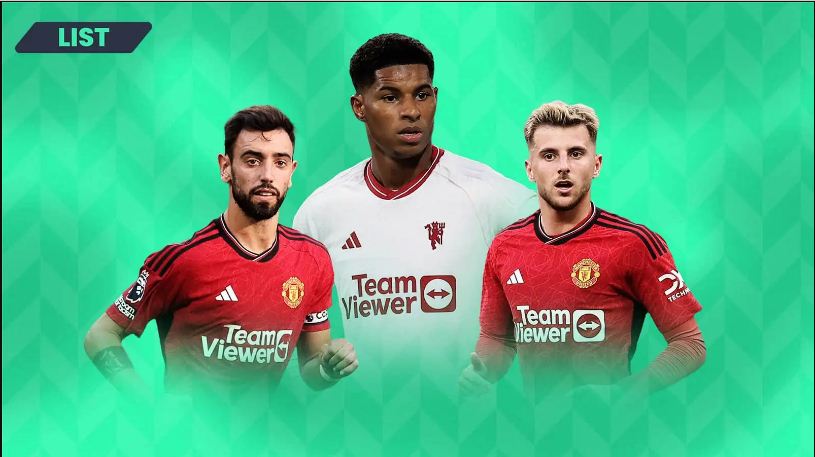
TV stars, transfers and goals galore: The story of Palace’s first Premier League game
Saturday afternoon in 1992, and on the surface this is a sunny August day like any other. The sound of studs clattering on concrete fills the air, laughter rings from the dressing rooms and the distant chatter of supporters wafts across from the stands.
But this is no normal Saturday, neither for Crystal Palace nor their star striker Mark Bright. A new competition, the Premiership – as it was then known – is about to get underway, and there is a sense of eager anticipation in the air.
Not only would English football never be the same, but this day would mark the end of an era for Bright. As he waited to take to the field against Blackburn Rovers – on this day (15th August) in 1992 – he had no inkling that he was about to score his 113th and final goal for the club.
The newly formed Premier League hardly came about quietly, and the protagonists could sense the difference even before kick-off.

“Most players would admit that you went from being able to walk down your street in your town and not get recognised, to everyone being able to recognise you,” Bright remembers, three decades on. “It was really exciting times.
“You didn’t know what to expect, but you saw all of these new things. ‘They’re going to have Monday night football? Wow, that’s going to change everything!’
“It was all stuff we had to get used to and it revolutionised football. It was marketed really well: adverts across TV, billboards, massive pictures of you around town. You’re stars.”
The opening game of any league season is special at any level, and as an experienced professional Bright knew what to expect – but it didn’t diminish his focus.
“All players like to play in the opening game,” he says. “All those pictures that are taken on the opening day when the sun is shining, the grass is perfect and the strips are new, that’s what you look forward to.
“You’re always gutted if you miss that first game or you’re not in the starting XI. When it comes, because it’s not your first season and you know exactly what to expect, you tell the young ones: ‘Stay focused, keep calm.’ You’re just handing out all the information to them.
“You don’t want to be the last team in the league to win a game, because then [the narrative] is: ‘They are struggling, they’ve played three without a win.’”
Up first for Palace were newly-monied Blackburn Rovers, financed by Jack Walker and led by Kenny Dalglish. Their summer transfer business left many wondering how big an impression they’d make in the new top-flight – and one signing caught the eye in particular.

“Like everybody, you look at the fixture list when it comes out,” Bright remembers. “You see Blackburn at home, and we knew they were trying to do something there.
“Some big summer buys, [Alan] Shearer being the main one. He was leaving Southampton and going to Blackburn, and you were thinking: ‘What is he doing?!’
“We had played Southampton in a behind-closed-doors game and he was a young boy then. We had two experienced centre-halves on the pitch and he was knocking them about.
“He was aggressive, he was determined and he had drive. He’s not big, Shearer, when you are in his company, but he was a phenomenon.”
Blackburn had their own star striker, but so did Palace. Ian Wright’s departure the previous season meant Bright now shouldered much of the goalscoring burden at Selhurst Park.
“I always used to think: ‘Let me score in that opening game, let me get off the mark,’” he remembers. “You always want to go at a goal per game as a striker.
“Ian had gone to Arsenal. Steve [Coppell] was saying it would be a big season for me, because everyone will be looking at us and going: ‘Can you do it without him? Can he do it without you?’ There was some extra determination from me.”
In the end it took Bright 37 minutes – Palace’s first-ever Premier League goal. “It was a header at the far post,” he recalls. “Talking about it now takes me right back!
“I think [Richard] Shaw came inside and crossed, and I just headed it down. Hand in the air, back to the halfway line and start again.” The Shearer parallel would prove apt.
After Stuart Ripley equalised for the visitors, Palace retook the lead through an unlikely source – Gareth Southgate. It was a sumptuous goal too, a dipping half-volley from the edge of the penalty area that looked like stealing the show.

Then up stepped the new boy.
“Shearer’s goals,” says Bright instantly when we ask him his abiding memory from the game. “Because of the fee he went for and that everyone was talking about him.
“You want to outscore anybody. That’s how you judge [yourself]. You think: ‘Right, he’s gone for all that money, let’s see what he can do.’ And then: ‘Oh, he’s winning already!’”
Simon Osborn arrived from the substitutes bench to score the equaliser and rescue a point for Palace, and the Premier League had arrived in south London in rambunctious style.
As Bright and co. left the field, all thoughts were on the season ahead. Little did he know he had just celebrated his final strike in red and blue.
“I never thought it would be my last season,” he remembers. “That was a bizarre situation – it’s confusing and you don’t expect it.
“These days your agent tells you everything: who is in for you, and if they are going to make an offer. In my day, in 1992, the manager just pulled you into the office and said: ‘We’ve had a bid, go and speak to the club and see what you think.’
“It was a confusing week. The season had started and my mindset was focused on doing well, and then I’m on the motorway and I’m talking to Sheffield Wednesday. You shake hands and you agree things, and then you go back and phone the manager.
“You come back home, pack some things and go over to the training ground to get your boots. You say some hurried goodbyes – I mean you’ve been at the club for six years and you don’t have time to say goodbye!”
The sheer upheaval – physically and emotionally – that comes from a transfer took its toll on Bright’s game.
“I trained terribly on the first day [at Sheffield Wednesday],” he remembers. “I trained so badly because I questioned what I was doing. I thought: ‘You shouldn’t be leaving Palace, you’re making a mistake.’
“I think a bit of self-doubt crept in. I trained so badly that the players shouted at the manager, Trevor Francis, to stop the drill. I didn’t have my head on, I couldn’t grasp what was going on.
“I said to the manager: ‘I’m really sorry about today. I’ll be better tomorrow.’”
As the Premier League went on and Bright settled in at Wednesday, both he and his former teammates at Crystal Palace began to appreciate the media machine that had been created.
“There were commitments to doing interviews, and then seeing highlights analysing different things about the goals,” he remembers. “You thought: ‘Wow, this is the kind of stuff only we [players] used to see.’
“Now you had Andy Gray or someone with an ex-manager, and they would be talking tactics and shape and rotations. I thought it was really good for fans to get a better insight.
“It was revolutionary. Don’t forget, you would have Match of the Day and The Big Game on the Sunday, the FA Cup final and the European Cup final. Now you’ve got wall-to-wall live games.”
It meant an unexpected drawback for the players too – but only when their performances were off.
“If you had a bit of a nightmare, everyone is going to see,” laughs Bright. “On Saturday [in the past] if you won 1-0 and you didn’t play well, no one is going to see because the highlights might only be three minutes.
“You might flick one on or tap one in. But all those live games, you thought: ‘Uh oh, I could get exposed here!’”
Looking back 30 years on, it is hard to comprehend what was to come after that first balmy Saturday in south London. Bright tries to offer some context.
“It’s massively weird,” he says. “You’re there at the start and now you’re here at the 30-year-anniversary, where players’ careers have started, they’ve flourished and they have come to an end.
“Having travelled over the world, [you see that the Premier League] is so popular. It is one of our greatest exports.
“You are proud to have played in it, and now proud to have worked in it – because it’s the best.”



